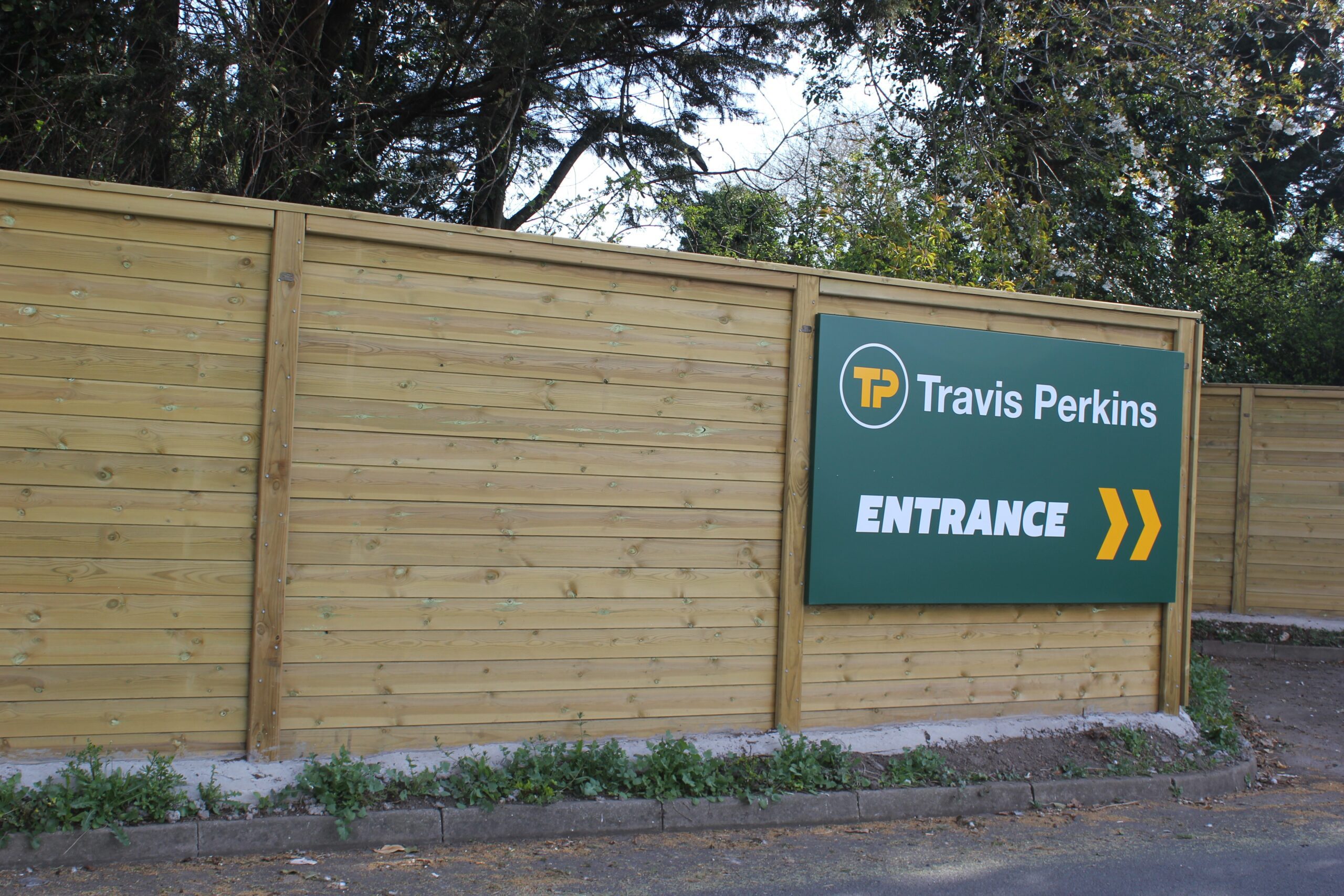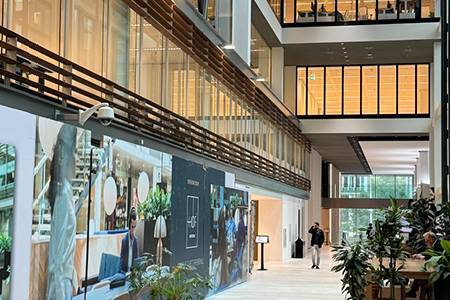In a decision that will surprise many people, Prime Minister Theresa May, has over ruled objections from senior cabinet colleagues in allowing Chinese technology company Huawei to build parts of the new 5G mobile phone network in the UK.
The change comes after reports from a number of government departments, together with leading international partners, that dealing with Huawei would potentially compromise national security.
However, Huawei will be allowed to supply some non-core technology, such as phone masts or antennas, in the UK but several ministers raised concerns even about that concession, arguing instead for a total ban on the supplier.
Among those objecting to the change of heart at a recent National Security Council (NSC) meeting included the Foreign Secretary, Jeremy Hunt, Home Secretary, Sajid Javid, Defence Secretary, Gavin Williamson and International Development Secretary, Penny Mordaunt.
In a tweet, Foreign Affairs Committee chairman Tom Tugendhat said that allowing Huawei to build some of UK’s 5G infrastructure would “cause allies to doubt our ability to keep data secure and erode trust essential to #FiveEyes cooperation.”
It is not just national politicians that are angered by the change of policy as the US and members of the Five Eyes intelligence community have also raised concerns over the company’s involvement.
The US has banned Huawei outright from working on government networks in the country while others in the Five Eyes group such as Australia, New Zealand and Canada have been pressured by them not to allow the firm contracts for the 5G mobile phone network, with Australia following the US lead.
In a statement in February the US Vice-President Mike Pence said that all security partners with the US must be ‘vigilant’ about working with third partner countries on major telecoms infrastructure projects.



























